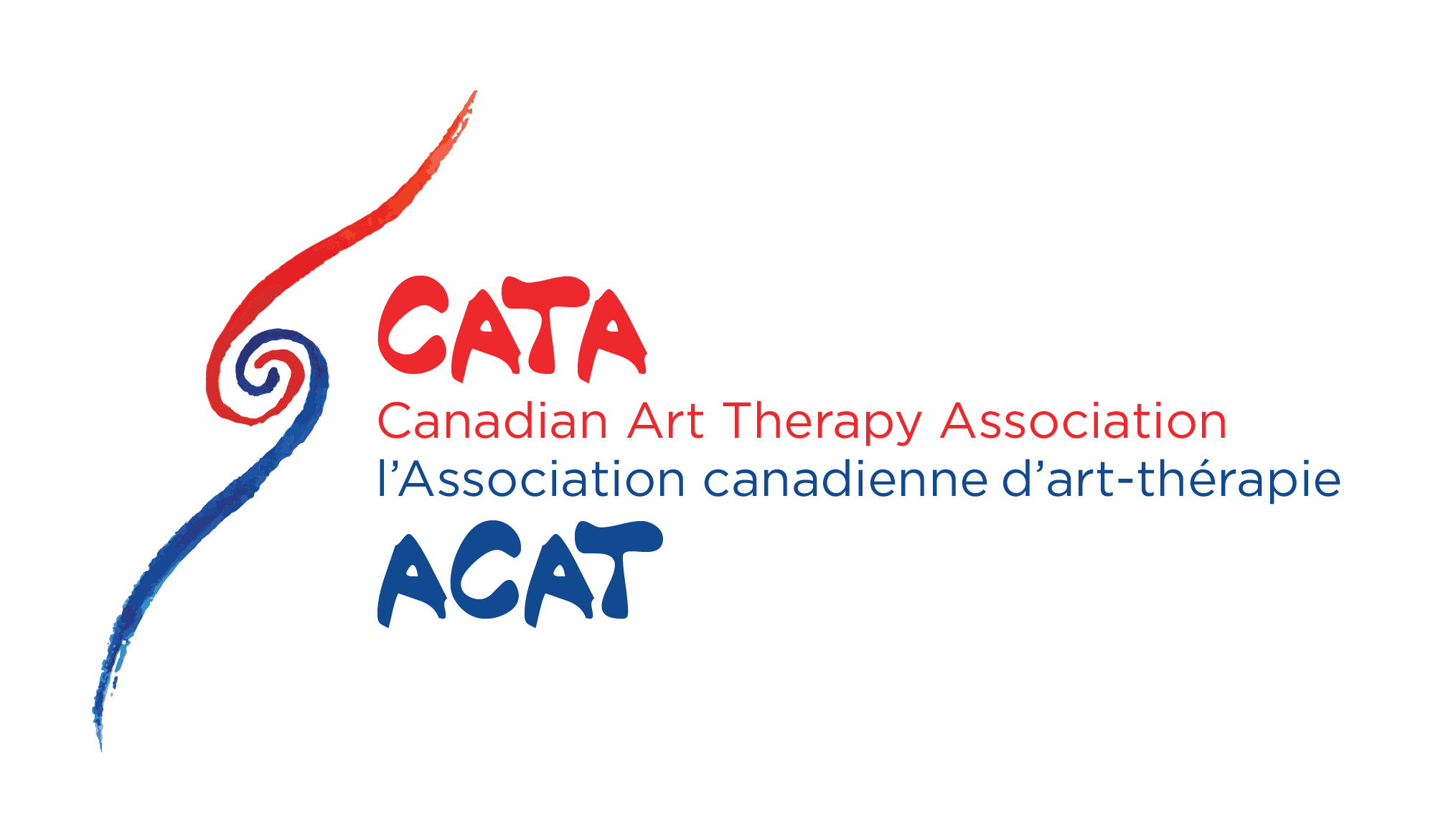Call for Content: Canadian Journal of Art Therapy
Canadian Journal of Art Therapy: Special Issue Call for Content
Coming Home: Art Therapy as a Safe Haven in Times of Uncertainty
Deadline: April 30, 2024
Inspired by the CATA-ACAT 2023 Conference theme, "Coming Home: Culture, Hope, and Connection,” and extending our special issue theme of Community, Nature, and Art Therapy: Relational & Reciprocal Healing, the Canadian Journal of Art Therapy is pleased to announce a call for submissions that explores the experience of renewal, recovery, relationality, safe havens, culture, and identity.
The conference theme explores the symbolic and felt experience of “coming home” to a haven of safety, or challenges. Therefore, the theme speaks to an essence, as this felt experience could be associated with a location, within nature, relationships, our art, our body, our culture, our challenges, or our soul. This sense of home connects art therapists, clients, and other communities to the “core of our identity” and creates a foundation for us to flourish as practitioners, researchers, community members, teachers, writers, and students. The theme is open to interpretation and subjective experiences of creating connecting with hope and renewal through home and relationality.
Exploring the meaningful impact of art therapy on individuals, communities, and the world at large, we encourage submissions that connect with, shed light on, or extend the following topics:
Art therapy’s role in building safe spaces and fostering belonging in diverse contexts, and particularly for marginalized communities with trauma-informed perspectives.
Relationality and relational approaches to art therapy.
Cultural responsiveness, respect, and humility through honouring, inclusivity, intersectional, anti-colonial, identit(ies), Indigenous, and anti-oppressive art therapy practice and research methodologies with cultural humility.
Unlikely alliances through highlighting multidisciplinary and community-based art therapy collaborations that enhance, develop, and support societal health and wellbeing.
Encouraging hope: Examining the role of art therapy in cultivating resilience and optimism during uncertain times, such as during and after pandemics and epidemics.
Self-care for therapists: Discussing the importance of self-care and well-being for creative arts therapists that sustain their ability to support their clients and communities.
Changes beyond our control: Exploring feelings of helplessness and uncertainty, and the transformative power of art therapy in navigating challenging times.
Safe havens and spaces: Examining the significance of a haven, its connection to identit(ies), and the therapeutic value of fostering a sense of belonging and security in and through art therapy, particularly with people experiencing displacement, being unhoused, rural isolation, etc.
Decolonized and Indigenized art therapy research, perspectives, and practices
Diverse research methodologies that explore complex identities and community, such as autoethnographic and community-based participatory-action art therapy research
Image of a cover page artwork that responds to or elaborates upon the special issue theme.
Submissions can take the form of research papers, case studies, theoretical perspectives, or critical analyses. Our journal encourage innovative approaches, methodologies, perspectives, and empirical studies that contribute to the advancement of art therapy. All submissions undergo a rigorous anonymous peer-review process by experts in the field.
Please note that our journal now accepts format-free submissions. For more information, see: https://www.tandfonline.com/action/authorSubmission?show=instructions&journalCode=ucat21#ffs
Sincerely,
Haley Toll
Editor, Canadian Journal of Art Therapy
